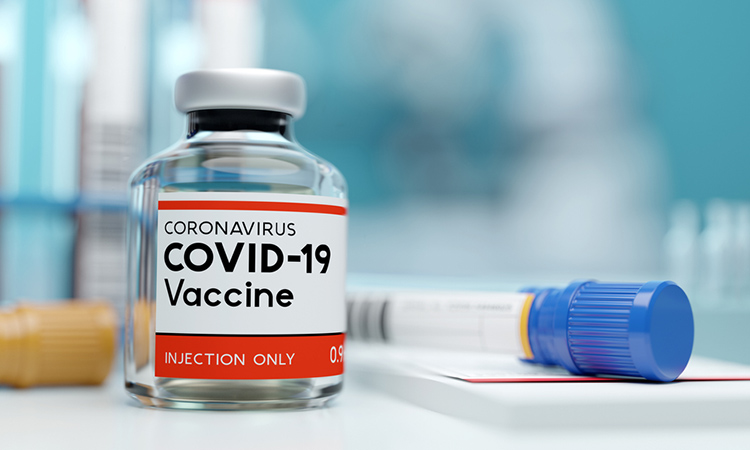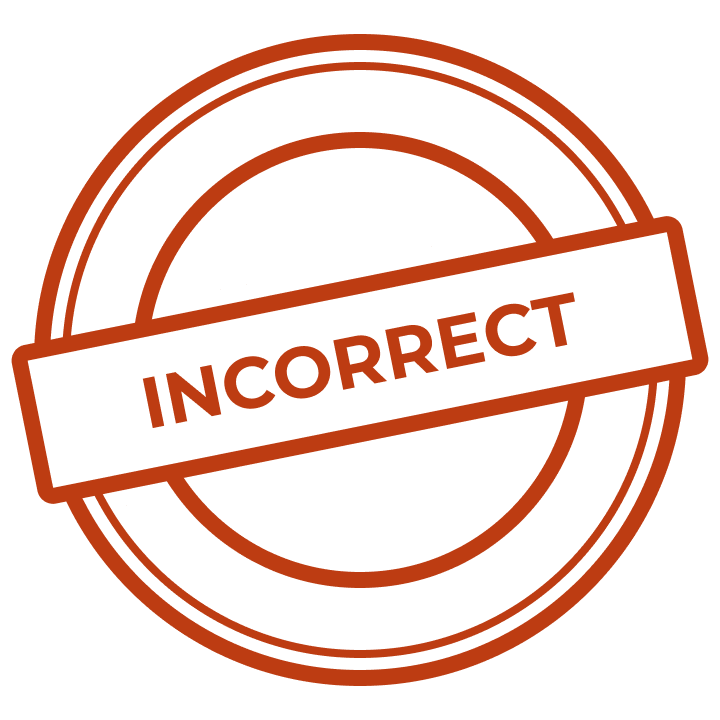Claim: Covid-19 vaccines can stop fertility in females and can be used as a contraceptive.
“We are being vaccinated at work but there are rumours that vaccines stop fertility in females and can act as a contraceptive,” read the claim which was posted on social media.
Verdict: False.
CITE contacted Mpilo Central Hospital acting clinical director, Xolani Ndlovu who said the claim is false.
“That is false. It doesn’t work as a contraceptive, remember this vaccine is an inactivated Covid virus, so if the live Covid virus does not cause infertility how can the killed Covid virus cause infertility. Scientifically it doesn’t make sense,” said Dr Ndlovu.
In addition, a guidance published by the Association of Reproductive and Clinical Scientists and the British Fertility Society revealed that there is absolutely no evidence that Covid-19 vaccines can affect the fertility of women or men.
“There is absolutely no evidence, and no theoretical reason, that any of the vaccines can affect the fertility of women or men. People of reproductive age should get a covid-19 vaccine when they receive their invitation, including people who are trying to have a baby or thinking about having a baby in the future,” the guidance says.
The guidance added that, “People undergoing fertility treatment (in vitro fertilisation (IVF), frozen embryo transfer, egg freezing, ovulation induction, intrauterine insemination, or using donated gametes) can be vaccinated during treatment, but may wish to consider the timing given the potential side effects in the few days after vaccination.”
“It may be sensible to separate the date of vaccination by a few days from some treatment procedures (for example, egg collection in IVF), so that any symptoms, such as fever, might be attributed correctly to the vaccine or the treatment procedure,” says the guidance.
Background: To date, as of yesterday, The Ministry of Health and Child Care reported that only 44 135 people have received their first dose of vaccination while only 1062 people have received their second dose.









